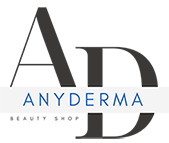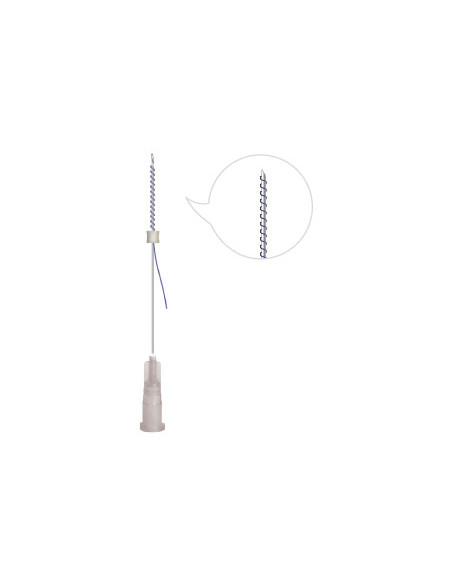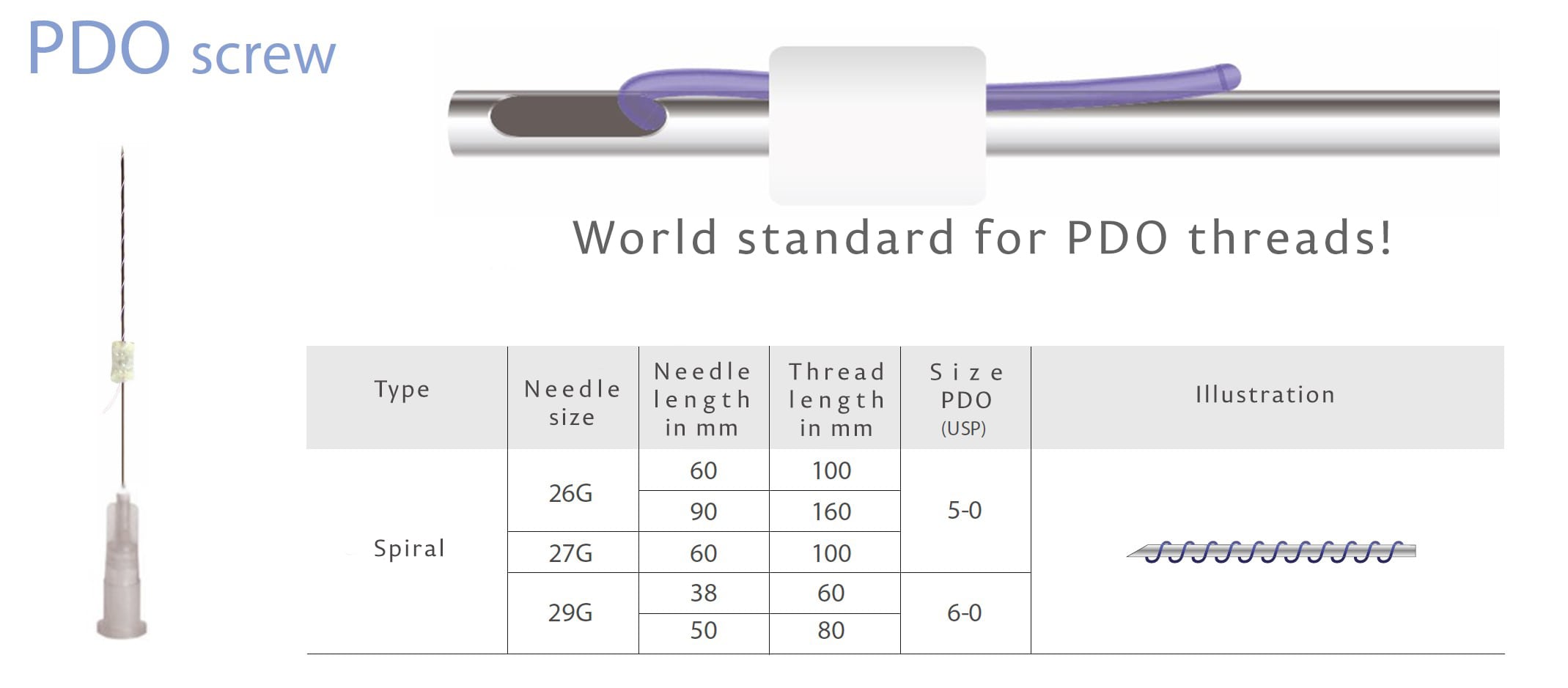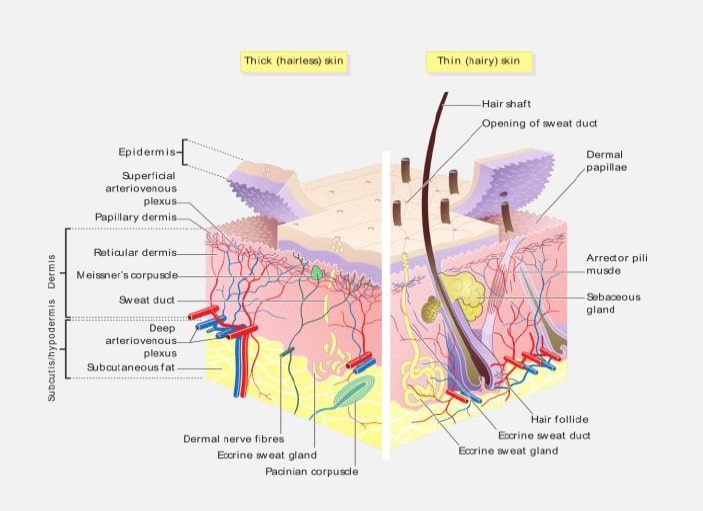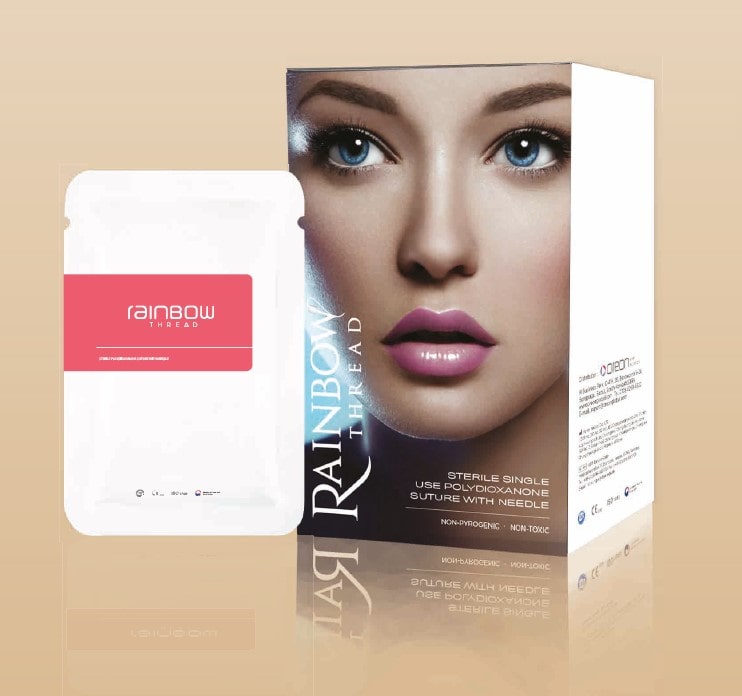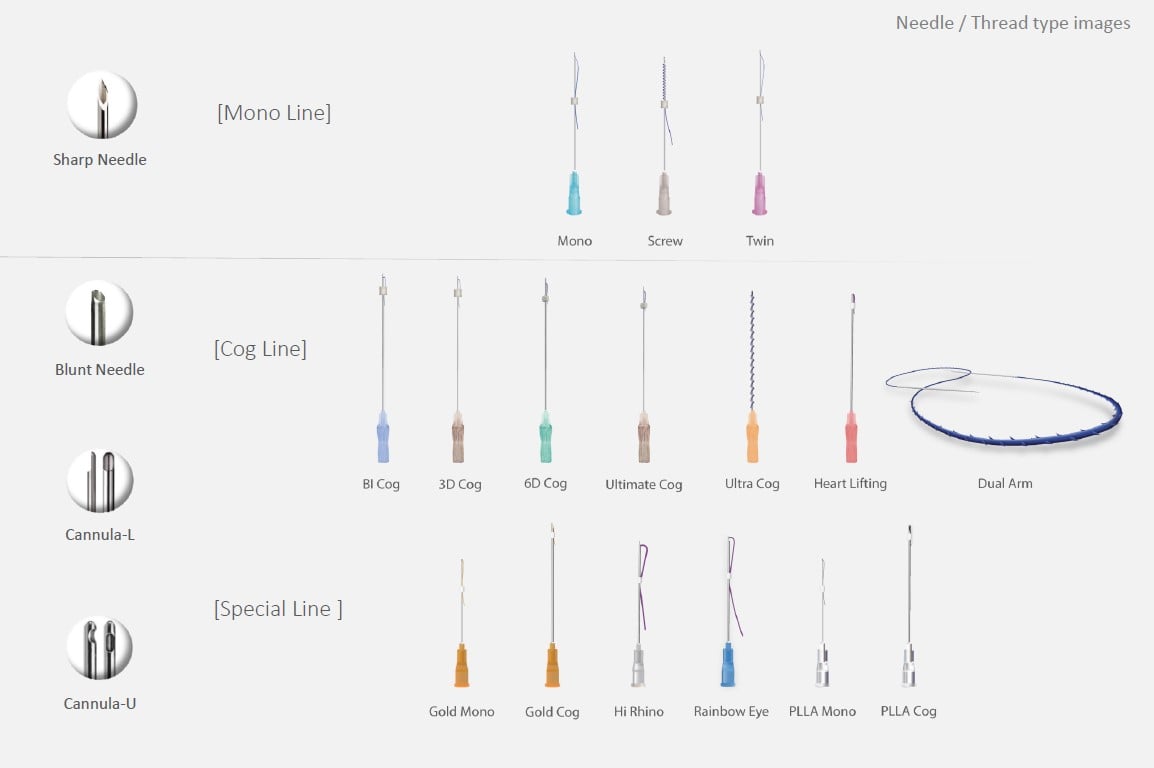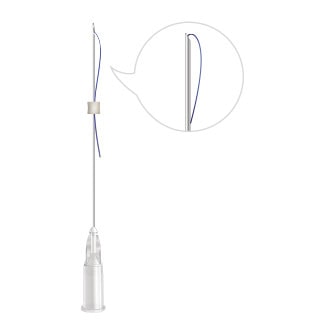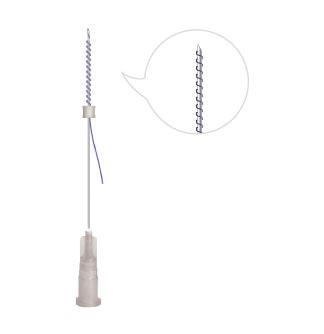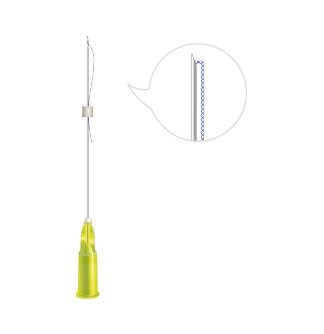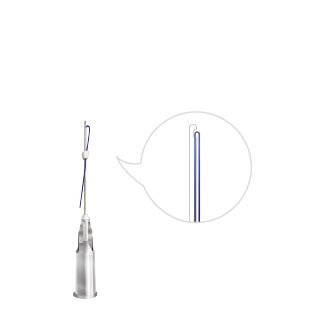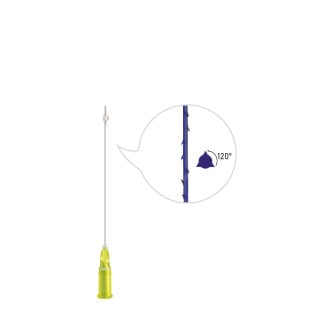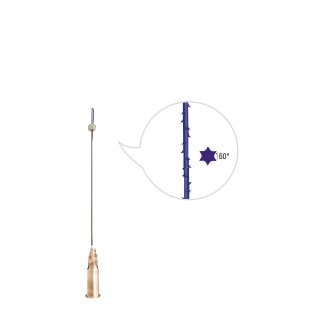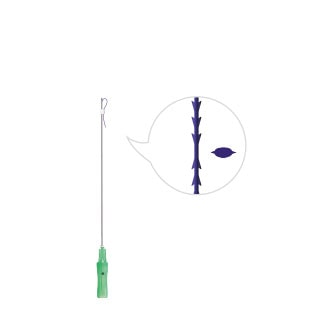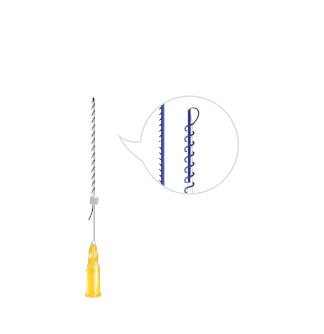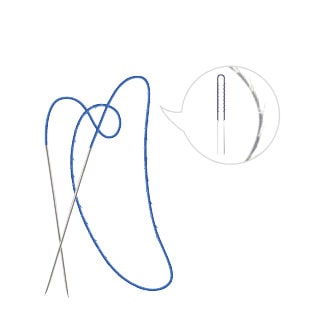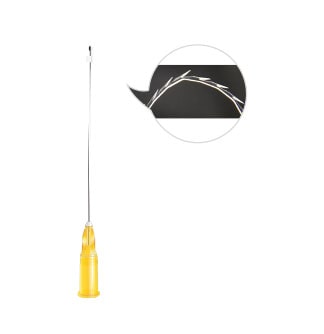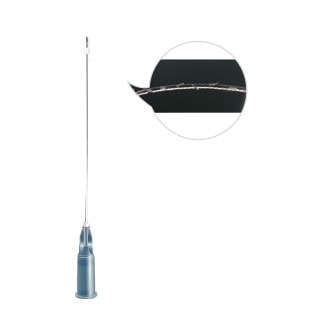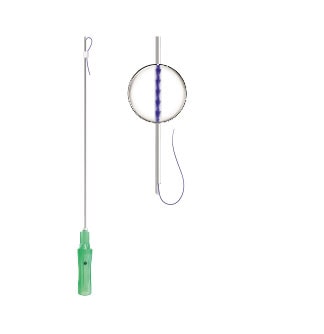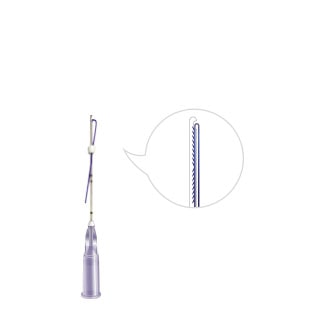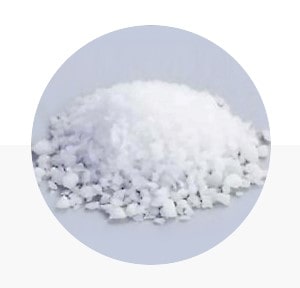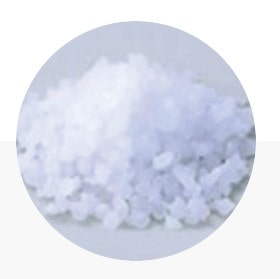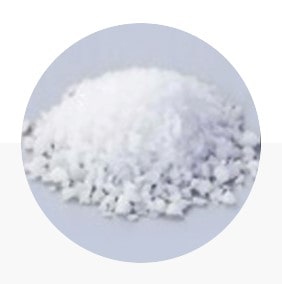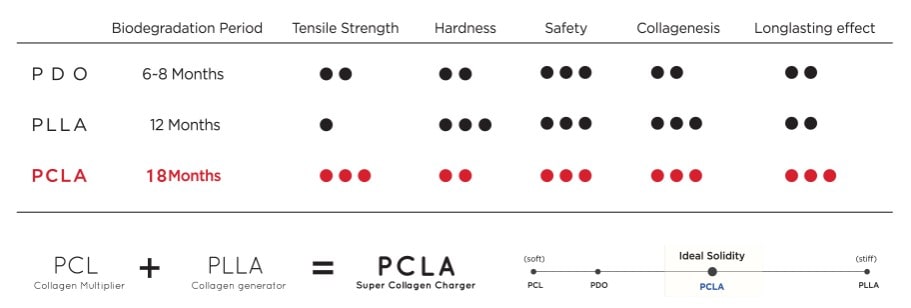Meso threads are an excellent treatment for both the first signs of aging and more serious age-related changes, such as sagging skin or a "floating" facial oval. For this reason, it is possible to use this procedure from the age of 25. The upper limit is generally 70 years of age. However, when it comes to the Luxeface & Luxebody procedure, patients over the age of seventy have opted for it. After all, the technology is now considered as safe and effective as possible, and the doctors who use it call Luxeface & Luxebody the "gold standard of thread rejuvenation".
However, experienced therapists point out that the earlier the threads are used, the better the effect. Using this method from around the age of 25-30 will help maintain youthfulness and freshness for many years to come. Serious correction of the aesthetic defects in this case may not be necessary.
Indications for using meso threads:
» Broiden and indistinct facial oval;
» overhanging eyelids;
» expression lines, including crow's feet;
» deep nasolabial folds;
» wrinkles in the décolleté and neck area;
» sagging and sagging cheeks;
» skin folds around the ears;
» hanging corners of the lips;
» "sour" wrinkles;
» sagging arms, stomach, hips and buttocks;
» Excessive fat deposits on the back, hips and above the knees;
» pronounced cellulite.
Obviously, thread lifts can lift different areas of the face and body. In addition, they have a therapeutic effect on the skin, improving and revitalizing it.
After rehabilitation, the rejuvenating effect can be enhanced, for example, by mesococktail injections or lifting hardware procedures.
It is important that the threads dissolve within six months to a maximum of three years (depending on the material) through hydrolysis and are naturally removed from the body. So this method fits well with the concept of biorejuvenation and is suitable for everyone who appreciates naturalness in all its manifestations.

